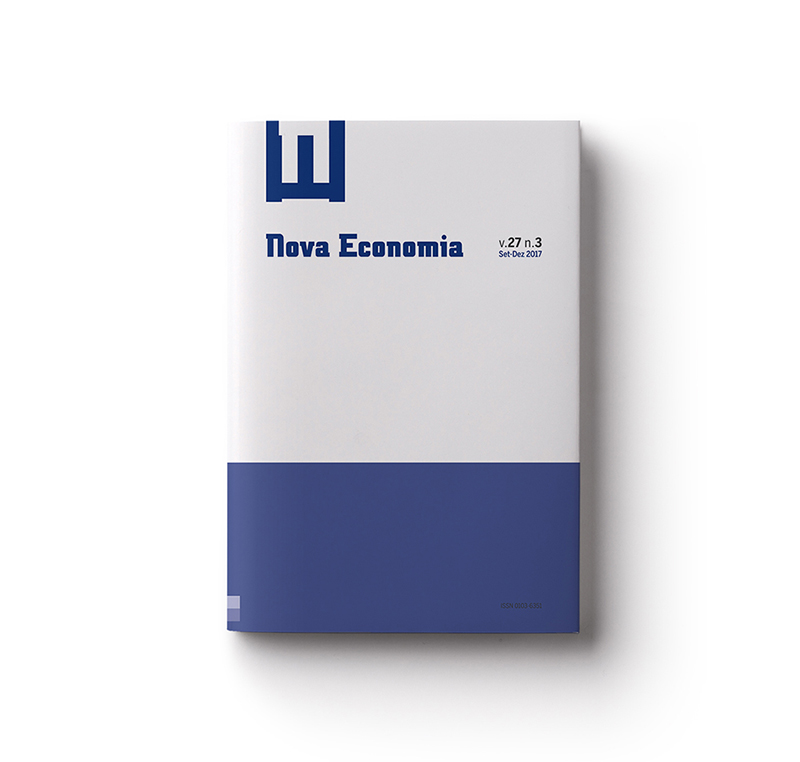A relação de fatores individuais, familiares e escolares com a distorção idade-série no ensino público brasileiro
Keywords:
distorção idade-série, modelos de contagem, modelos de contagem com zeros inflados.Abstract
Este trabalho discute os fatores relacionados à distorção idade-série, indicando quais são os principais determinantes desta defasagem para estudantes do ensino público do Brasil. A partir de uma análise econométrica, com dados da PNAD e do INEP de 2013, é avaliada a maneira como características pessoais, familiares e escolares estão relacionadas com a ocorrência de distorções. Em especial, este trabalho emprega modelos econométricos que tratam especificamente de dados de contagem, como o Poisson e o Binomial Negativo, bem como outros que trabalham com excesso de zeros, como o Poisson com Zeros Inflados e o Binomial Negativo com Zeros Inflados. Entre os resultados, destaca-se uma substutibilidade entre as variáveis do contexto educacional e as do contexto familiar individual, pela redução dos coeficientes destas com a adição das variáveis educacionais. Além disso, destaca-se que na medida em que a idade avança, a ausência de distorção reflete-se em menor probabilidade de ela ocorrer no futuro.
Downloads
Published
How to Cite
Issue
Section
License
Authors who publish with this journal agree to the following terms:
- Authors retain copyright and grant the journal right of first publication with the work simultaneously licensed under a Creative Commons Attribution 4.0 International License that allows others to share the work with an acknowledgement of the work's authorship and initial publication in this journal.
- Authors are able to enter into separate, additional contractual arrangements for the non-exclusive distribution of the journal's published version of the work (e.g., post it to an institutional repository or publish it in a book), with an acknowledgement of its initial publication in this journal.
- Authors are permitted and encouraged to post their work online (e.g., in institutional repositories or on their website) prior to and during the submission process, as it can lead to productive exchanges, as well as earlier and greater citation of published work (See The Effect of Open Access).




